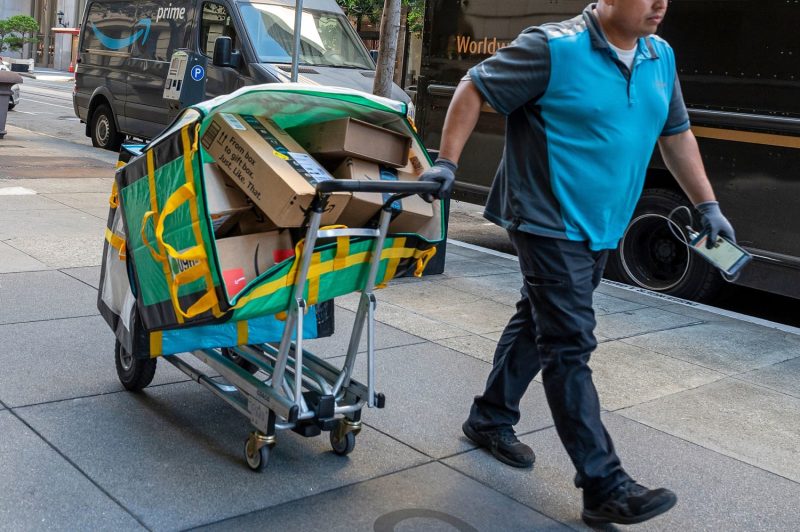
Under Fire: D.C. AG Takes Legal Action Against Amazon for Prime Delivery Exclusions
The District of Columbia Attorney General, Karl Racine, has filed a lawsuit against Amazon alleging that the tech giant has deliberately excluded certain neighborhoods from its Prime delivery services. The legal action comes in response to significant disparities in delivery options and speeds faced by residents across different areas of the district. The lawsuit contends that Amazon has engaged in discriminatory practices that disproportionately affect communities of color and lower-income neighborhoods.
One of the primary issues highlighted in the lawsuit is the alleged use of data related to crime rates and demographics to determine which neighborhoods would receive same-day or next-day Prime delivery. This practice, according to the lawsuit, has led to the exclusion of predominantly Black and Hispanic communities from the faster delivery services offered by Amazon. The Attorney General has accused the company of perpetuating systemic inequalities through these actions.
Furthermore, the lawsuit asserts that the lack of equitable delivery options denies residents in underserved neighborhoods the convenience and benefits that come with the timely delivery of goods. This has not only affected individual consumers but has also had repercussions for local businesses in these communities. By limiting access to efficient delivery services, Amazon is accused of hindering economic opportunities for residents and businesses in marginalized areas.
The legal action taken by the District of Columbia Attorney General reflects a growing demand for accountability and fair treatment in the e-commerce industry. As online retail continues to expand, ensuring that all communities have equal access to services and opportunities is becoming increasingly important. The outcome of this lawsuit could have broader implications for how tech companies approach issues of equity and inclusivity in their business practices.
In response to the allegations, Amazon has defended its delivery practices, stating that they are based on a variety of factors such as distance to fulfillment centers, local carrier capacity, and customer demand. The company has reiterated its commitment to providing fast and reliable delivery services to all customers, regardless of their location.
The lawsuit against Amazon serves as a reminder of the importance of addressing systemic inequalities and ensuring that all members of society have equal access to essential services. As the case unfolds, it will be crucial to examine how technology companies balance efficiency and profitability with social responsibility and inclusivity. Ultimately, the resolution of this legal battle could set a precedent for how e-commerce platforms navigate issues of equity and fairness in the digital age.
